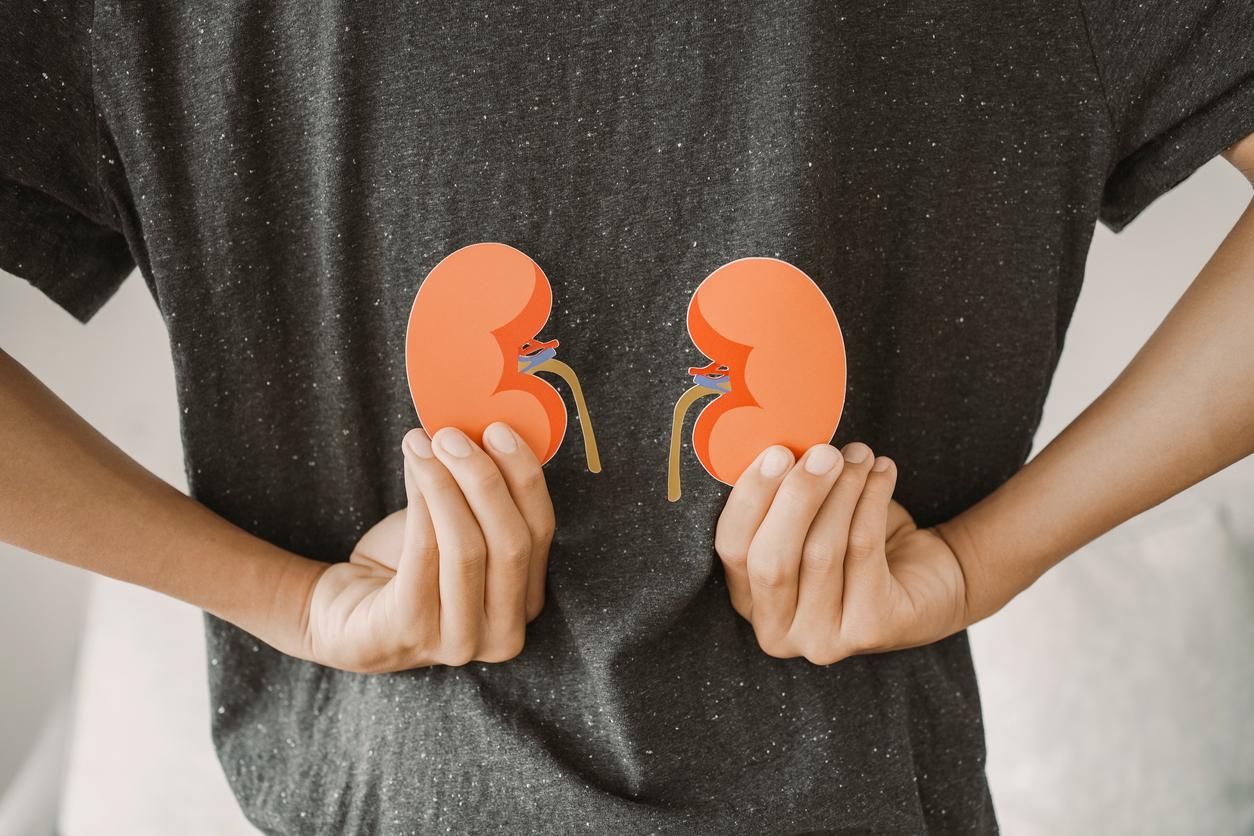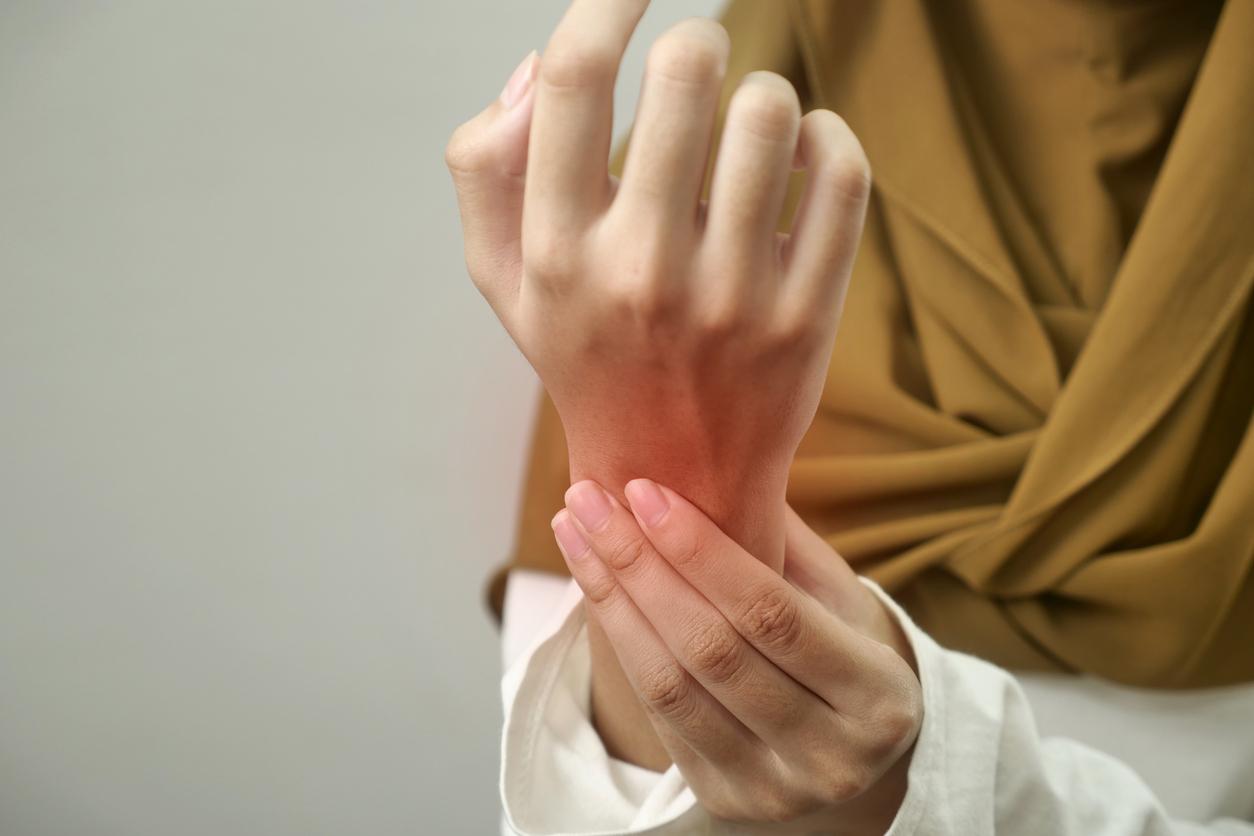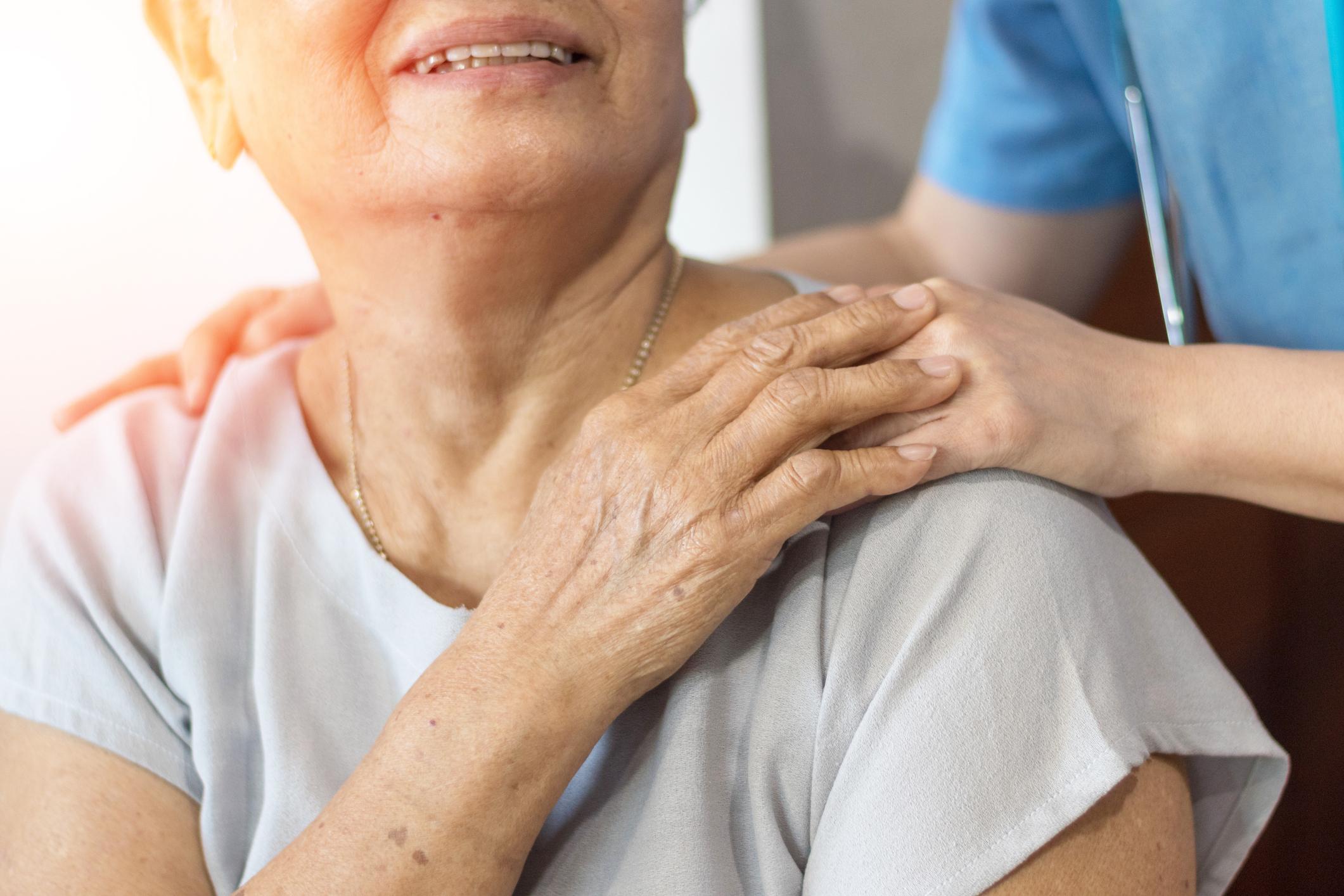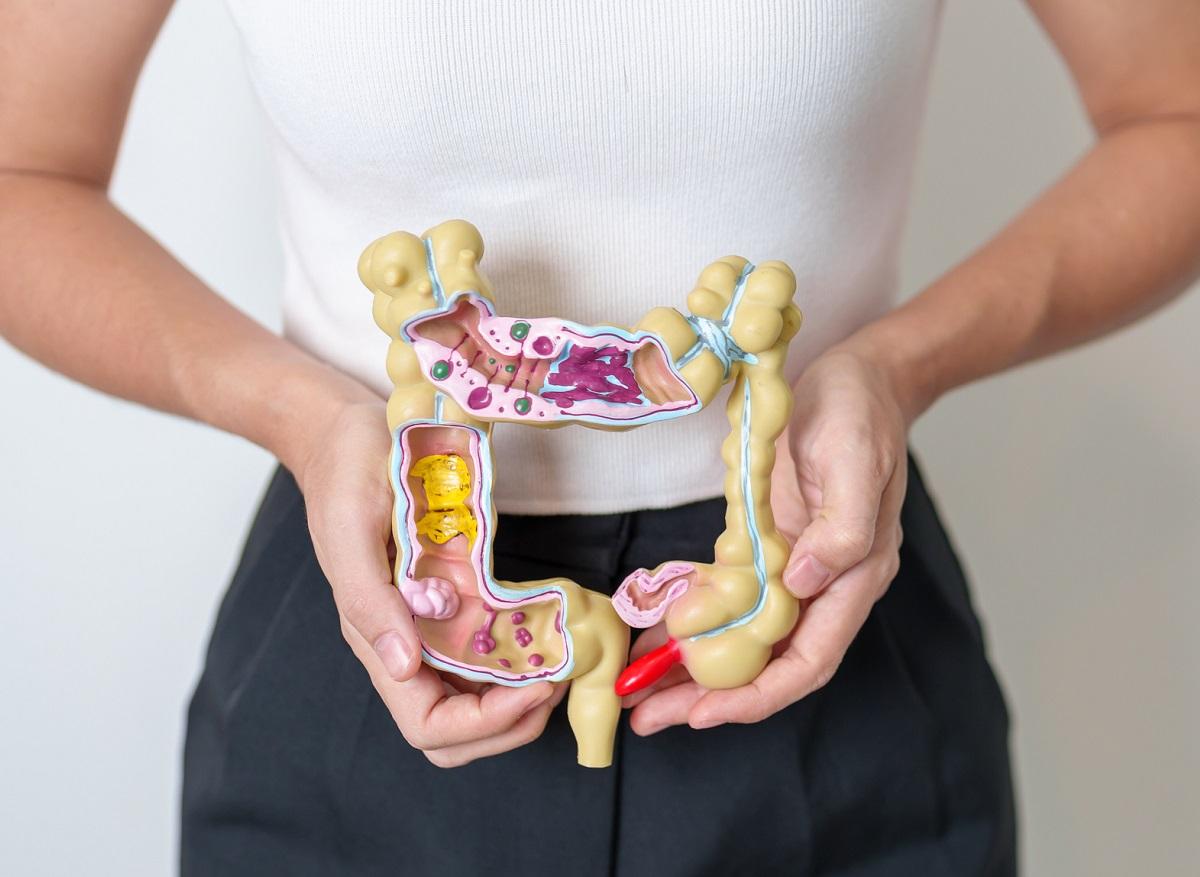INTERVIEW – Faced with the desire to respect the Ramadan fast of certain chronic patients, it is often possible to adapt.

The first days of Ramadan were not easy for practicing Muslims in France. The heat wave that hit just at the start of the month of fasting made it more difficult, especially for abstainers suffering from chronic conditions.
Because if the Koran allows pregnant women, travelers and the sick to free themselves from it, even if it means “catching up” later in the year on non-fasting days, many chronic patients suffering from diabetes or high blood pressure, insist on respecting the fourth pillar of Islam.
A situation that practitioners must adapt to, by trying to adapt the practice and the therapies, and sometimes formally advise against fasting. Professor Serge Halimi, head of the endocrinology service at Grenoble University Hospital, reminds Why actor the risks that the most zealous take.
Do many chronic patients still want to fast?
Prof Serge Halimi: In France, there are more patients who wish to fast than in Algeria, for example. It has become something almost inevitable. Before, we wondered how to convince them to avoid fasting; today, it’s more about how to make the month go well.
The people who need to be convinced not to fast at all are type 1 diabetics. Unfortunately, we still see pregnant women with diabetes who fast anyway. And that is really very inadvisable. We must succeed in convincing patients at high risk, either elderly or frail, or young diabetics with treatment regimens that are not suitable, or not well controlled.
But now, for other patients, with blood glucose sensors, with insulin pumps, we are able to reconcile the two.
Prof Serge Halimi, endocrinologist at Grenoble University Hospital: “The risk is double for diabetics, with the alternation between hypoglycemia during the day and surges of hyperglycemia at night …”
What are the risks involved?
Prof Serge Halimi: The general risk in fragile patients is dehydration. The temperatures that we have known since the start of Ramadan in France pose problems of fragility in these patients, whether they are diabetic renal insufficiency, or even non-diabetics, elderly, respiratory insufficiency… All these people do not tolerate dehydration well.
Then, in diabetics in particular, the risk remains hypoglycemia, when patients receive oral therapeutic classes, mainly sulfonamides in general – but some more than others – and glinides. Patients on insulin are also at risk.
The breaking of the fast, the fact of concentrating sugary foods, also favors the surges of rather high hyperglycemia. The risk is therefore double, of alternation between hypoglycemia during the day and surges of hyperglycemia at night.
What about chronic non-diabetic patients?
Prof Serge Halimi: With the risk of dehydration increases that of hemoconcentration, which is associated with risks. Fasting also increases the complexity of taking treatments, especially in people with multiple pathologies, and fairly heavy treatments, to be taken several times a day, for long-term effects, but also short-term ones. The risk is particularly important for hypertensive people.
How do you manage the treatments, as a practitioner?
Prof Serge Halimi: When we know that we will have no choice, we must have an educational approach. The new therapies for type 2 diabetes, which do not produce hypoglycaemia – incretins, DPP-4 – and injectables, when they are not combined with sulfonamides, have changed the situation. But for people on insulin, you have to prepare things, and anticipate a lot.
Isn’t it difficult to make people understand the right not to fast as a non-Muslim doctor?
Prof Serge Halimi: About a decade ago it was a little easier. Today, with the strengthening of the attachment to religious practice, it becomes more and more difficult. A non-Muslim might have more difficulty, but I’m not even sure in France. What is striking is that in North Africa, imams tell patients “see with the doctor”, while in France, we tend to tell them “see with the imam”.
.















